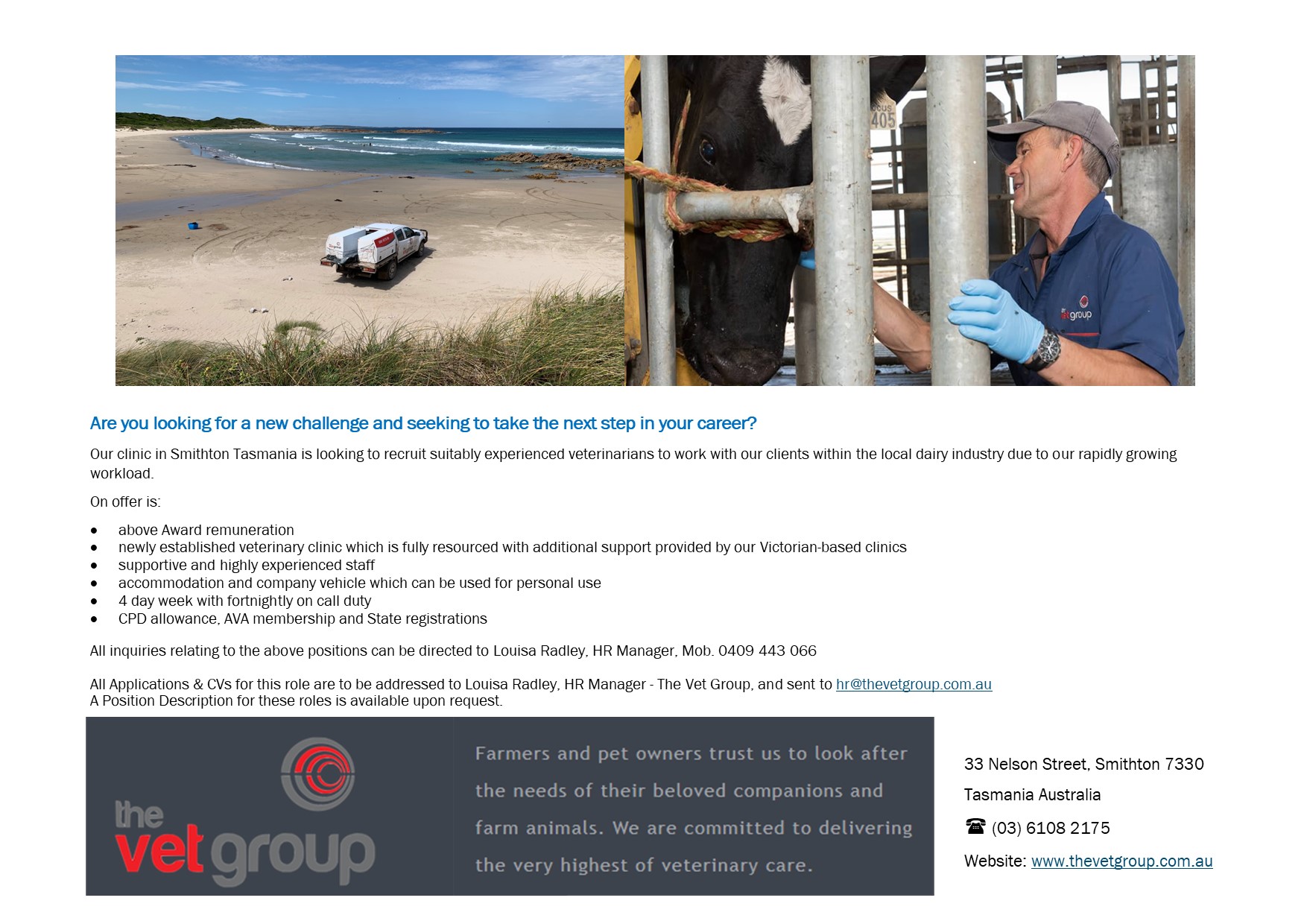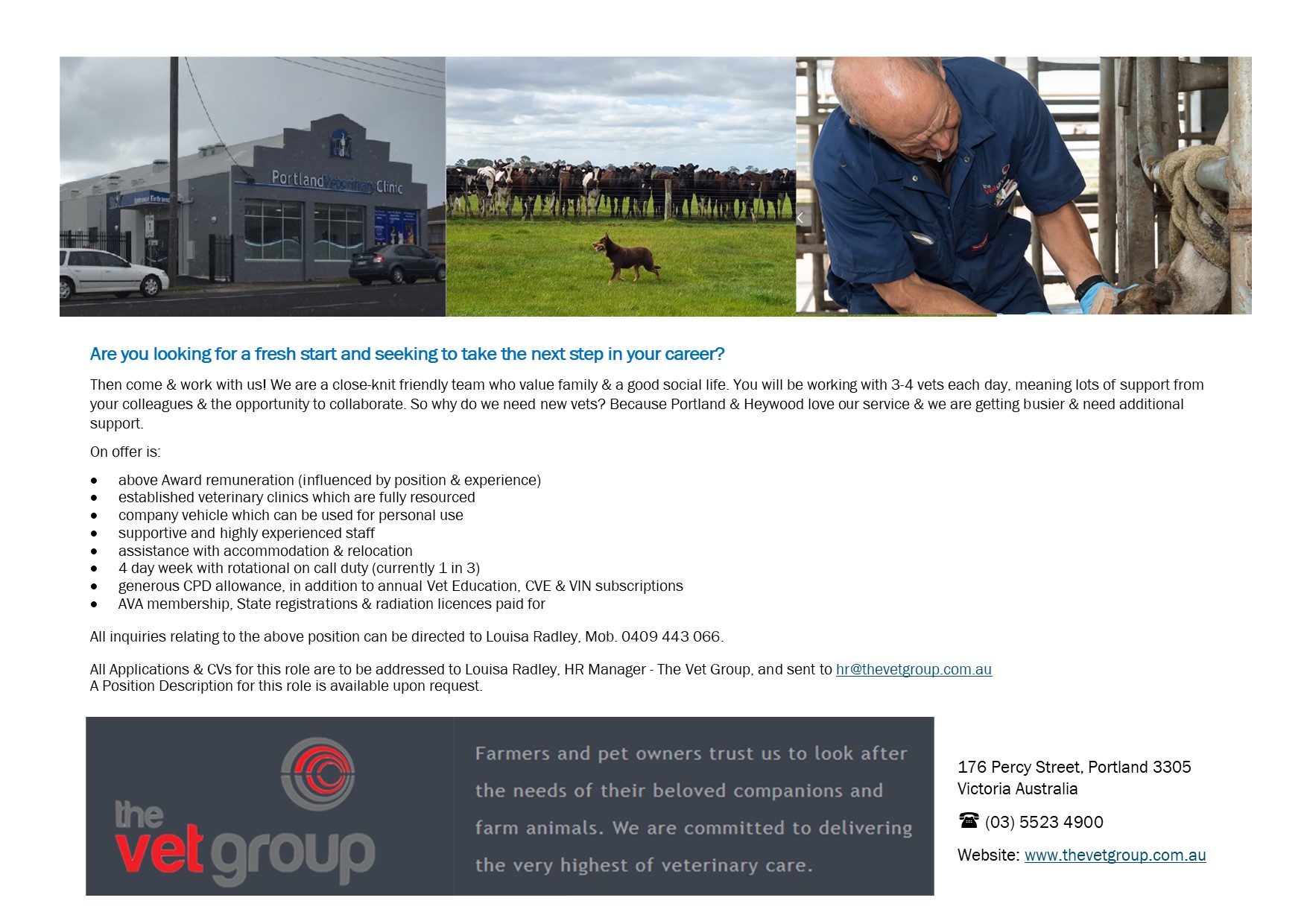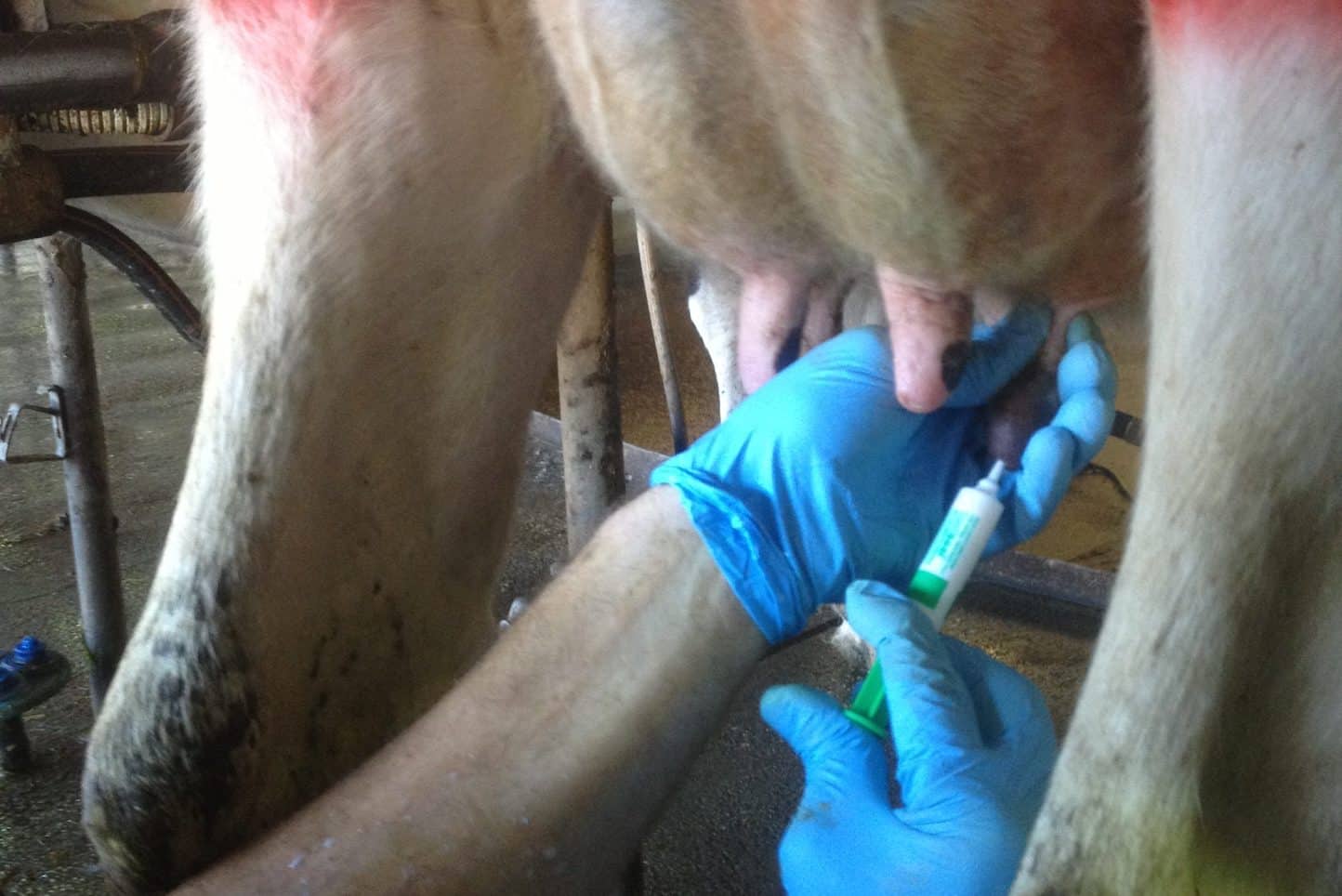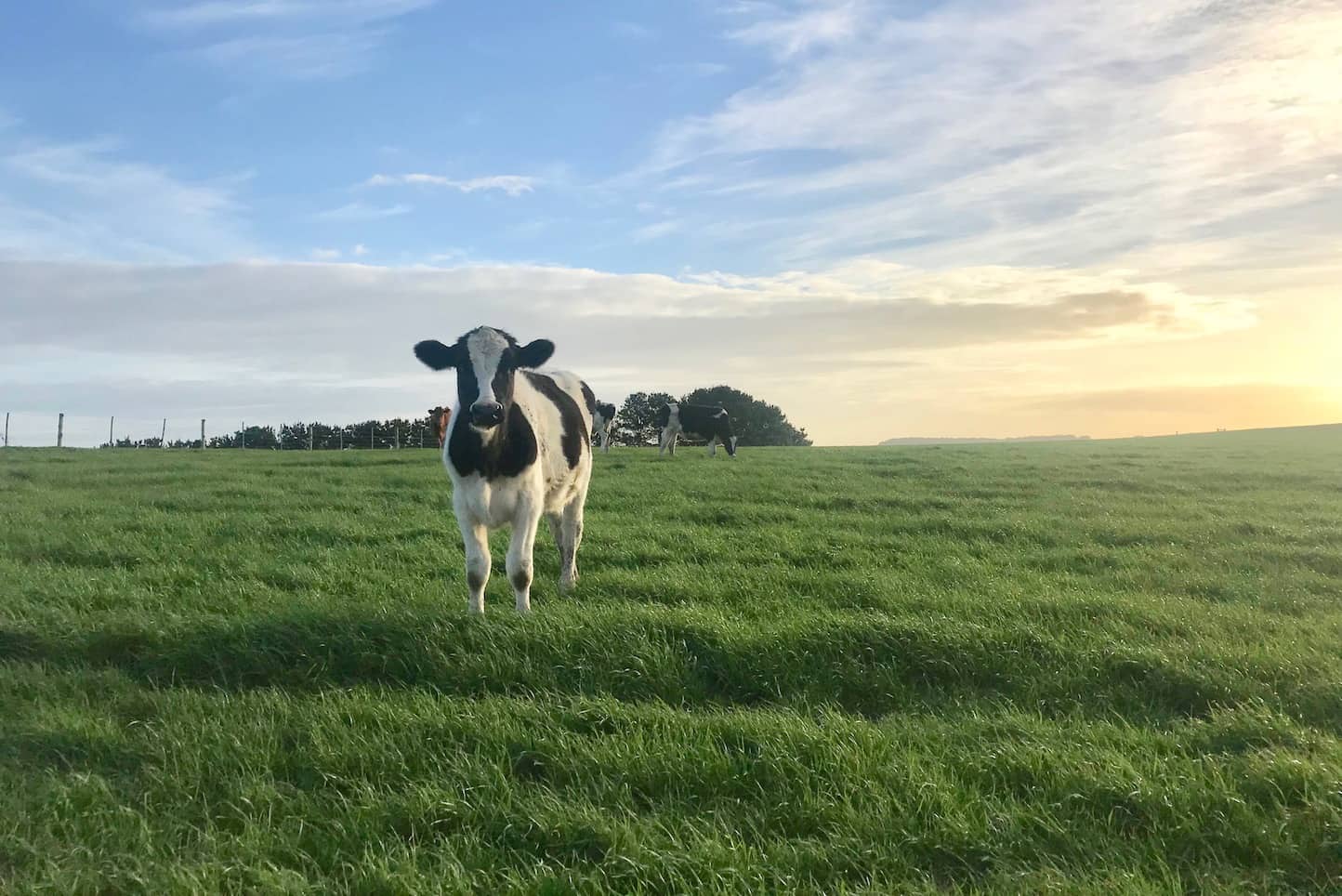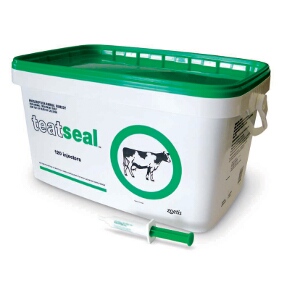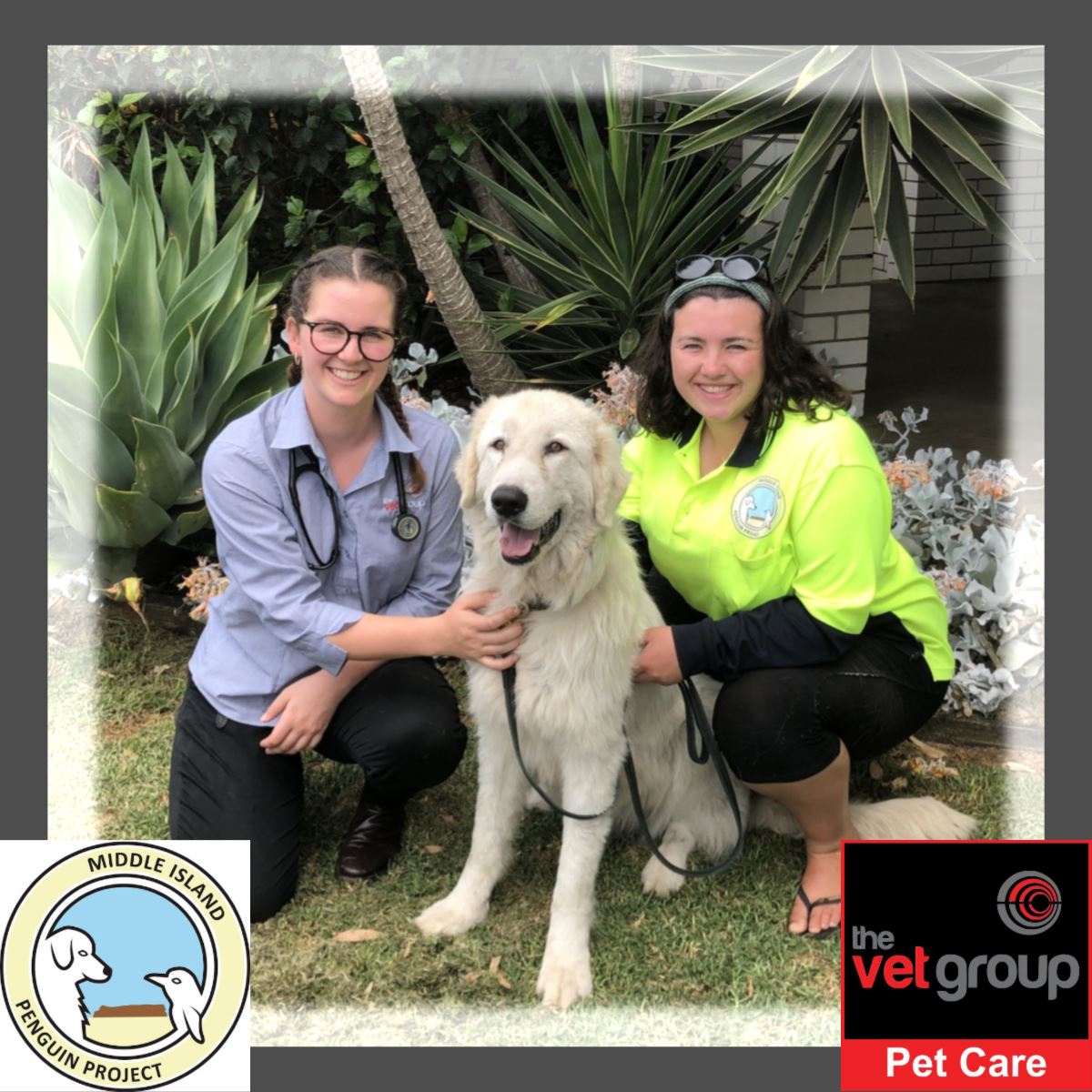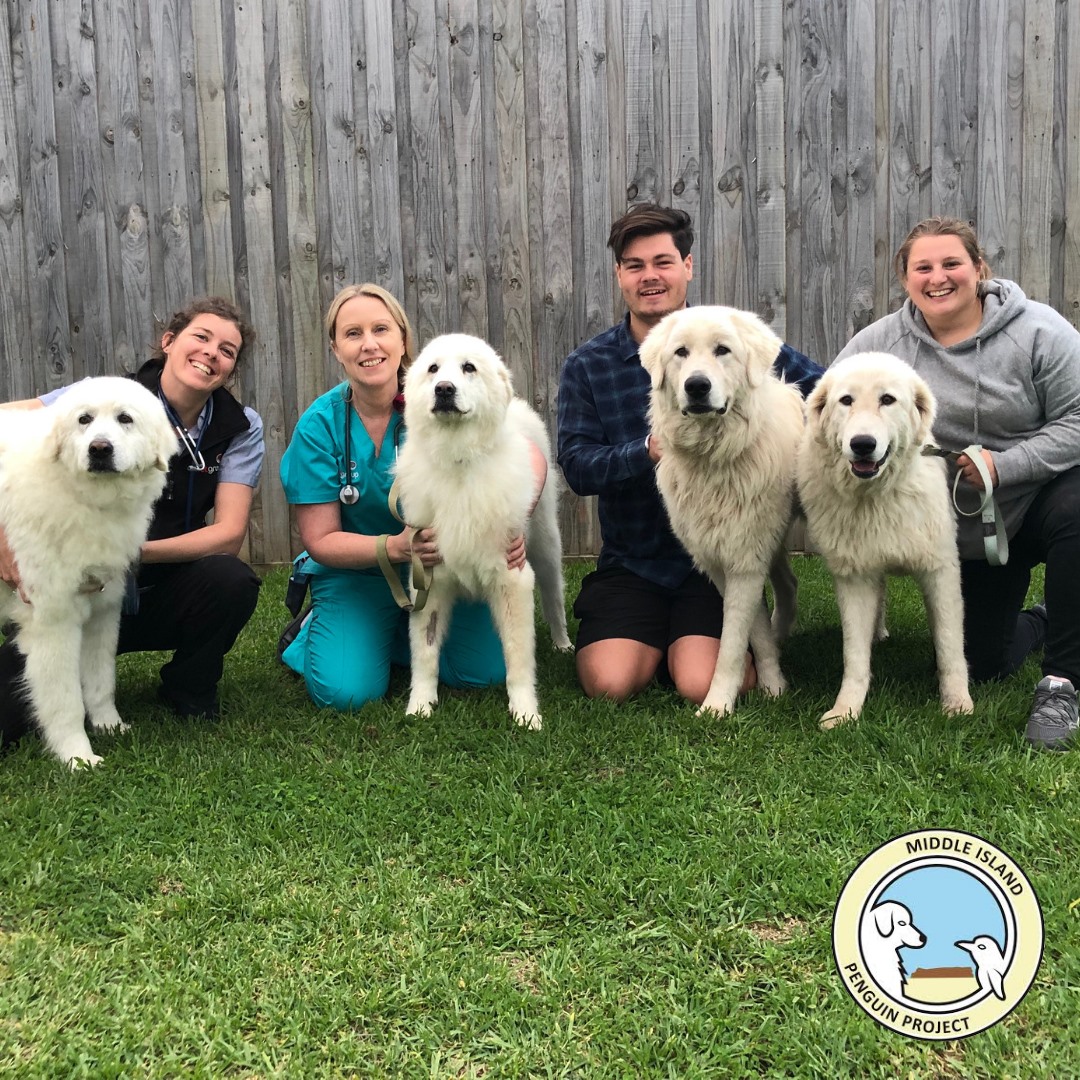
Today, September 28th, is World Rabies Day: a day that focuses on increasing awareness and decreasing disease in countries where rabies occurs. While we don’t have rabies in Australia, it is present in many countries in Africa and Southeast Asia that we travel to, such as Bali and Thailand (see map below).

Rabies is a fatal virus present in the saliva of infected animals that spreads through bites and scratches. All warm-blooded animals are susceptible to rabies, so wild animals such as foxes, racoons and bats, domestic animals such as dogs (even cows!), and people. From the initial bite or scratch, rabies travels up nerves to the brain. The first signs of rabies generally occur about 2–3 months after the initial bite/scratch and start off with pain and tingling around the bite/scratch site. As the virus travels, you see hyperactivity, aggressiveness, insomnia, confusion, salivation and fear of water or drafts of air. Rabies is incurable.
Below are some key facts about rabies from the World Health Organisation:
- Infection causes tens of thousands of deaths every year, mainly in Asia and Africa.
- 40% of people bitten by suspect rabid animals are children under 15 years of age.
- Dogs are the main source of human rabies deaths, contributing up to 99% of all rabies transmissions to humans.
World animal and human health organisations are focusing on eliminating rabies in domestic dogs in order to reduce human deaths. Their education campaigns are focusing on:
- Increased vaccination of dogs in developing countries
- Dog bite prevention education for children
- Post bite treatment. Immediate, thorough wound washing with soap and water for a minimum of 15 minutes after contact with a suspect rabid animal is crucial and can save lives. In countries with rabies, ALL animal bites, scratches and licks to broken skin must be treated seriously. Further medical advice is still needed.
- Post bite rabies vaccination to prevent the onset of rabies. Every year, more than 15 million people worldwide receive a post-bite vaccination. This is estimated to prevent hundreds of thousands of rabies deaths annually.
Points 2, 3 and 4 are really important for travellers to countries with rabies to be aware of.
Source: http://www.who.int/news-room/fact-sheets/detail/rabies

Zoonoses Game
Diseases like rabies that can affect both animals and humans are called zoonoses. Zoonoses were the focus of our Heytesbury Show stand earlier in the year. We thought today would be a good time to share the game we created for the day. There’s information about other zoonoses as well as rabies. No excuses for “Mum/Dad – I’m bored!” these holidays.


